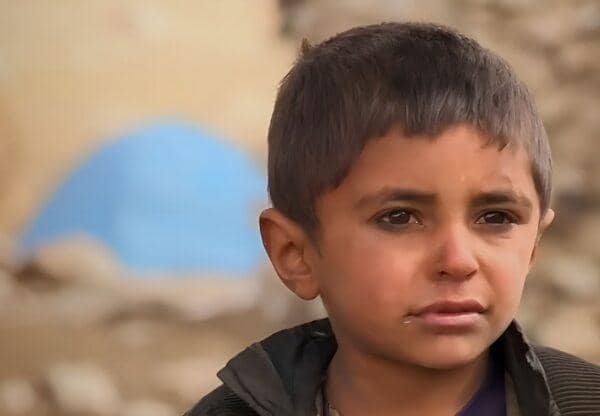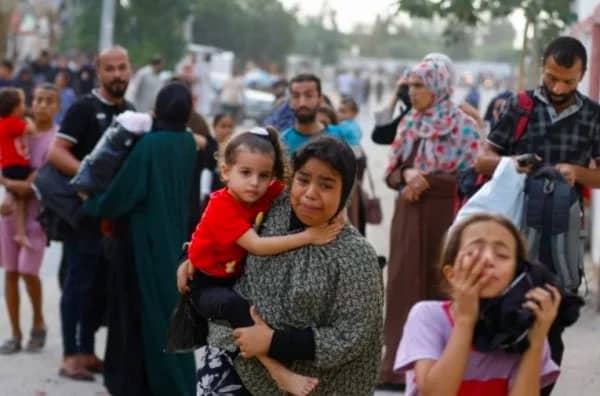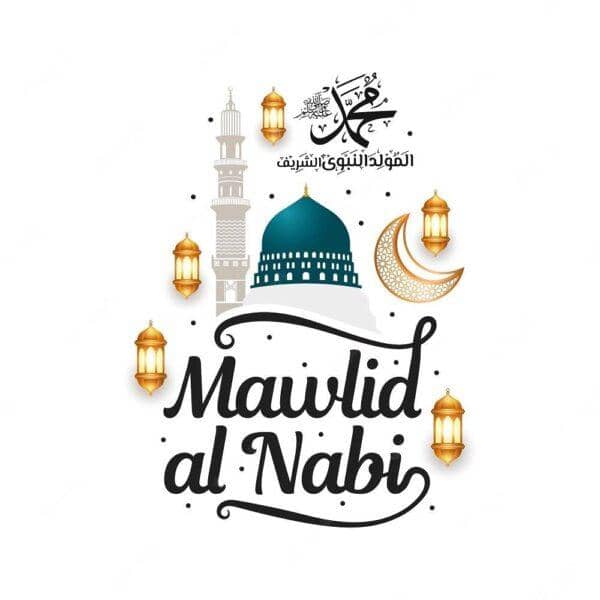According to our understanding, Bitcoins are Zakatable. One may pay 2.5% of his Bitcoin holdings as Zakat or alternatively, pay 2.5% Zakat in one’s domestic currency equivalent to the value of 2.5% of one’s Bitcoin holdings.
The Fiqh (jurisprudence of the answer):
Bitcoins are Zakatable as they are Māl (entity), have Taqawwum (Islamic legal value) and are in the ruling of a currency (Thamaniyyah).
Does a currency have to have alternative utility besides a medium of exchange? Mufti Taqi Uthmani clearly states that “Money has no intrinsic utility, it is only a medium of exchange” (An Introduction to Islamic Finance). If something is adopted as a currency which has other utilities, the other utilities are not considered when exchanging this currency for another currency – the other utilities are considered ma’dūm (non-existent).
For anything to be considered as Māl, it must have desirability and storability. Bitcoin possesses features which gives it desirability. For example, the blockchain technology behind Bitcoin, the replacement of trusted party intermediations with the proof-of-work protocol, decentralisation, limited supply and borderless payments with less transactional fees make Bitcoin desirable (some of these features are diminishing). This has resulted in a demand for Bitcoin. In respect to storability, Bitcoins are encoded within the blockchain and are entries on a public ledger. Your ownership is reflected by your Bitcoin address being credited with a balance. Considering that Bitcoins are merely digits and entries on a public ledger, there is no evidence or premise indicating to them being unlawful. Hence, Bitcoins have Taqawwum. In terms of Thamaniyyah, Bitcoin was created as peer to peer payment systems. As a result, they are established as currencies
It can be argued that Bitcoin was launched as media of exchanges and as currencies. They are introduced as currencies and are usable as currencies. The blockchain provides a system for this currency. The fact that people are using them as investments does not negate their currency feature. It just gives them similarity to investing in foreign currencies. Indeed, Bitcoin has features which make them unique. If in future they ceased to be used as a medium of exchange and nor was there any speculative increase in their price, would Bitcoin hold any value among people? Would people have Tamawwul of Bitcoin and use of them? Bitcoin would be meaningless digits. Therefore, at present, they have some monetary use and people have assigned ‘a value’ to these Bitcoins. A ‘value’ is envisaged by the people as they purchase, sell, accept and exchange the form of Bitcoins for the underpinning notional value. The value of things can be manipulated, exploited and speculated. These are external issues which require regulation and control.
The philosophy of value has to also be reconsidered. The technological developments in the last century have reshaped and redefined our way of life. For example, value is represented today by mere digits on a bank app which are backed by the government. Society gives value to digits displayed in their bank balances because of the system and acceptability of these digits among people. If an alternative system was created which gave a certain degree of trust, security, ease of use and similar features, why can’t the digits on that system be considered to be digits representing value? A system which is acceptable among people is sufficient to establish a currency in Shariah.
Use this link to calculate your crypto zakat.
You can use this link to pay your zakat in Bitcoin or other cryptocurrencies.
Value is a concept; something people have social concurrence on. Value is something which attracts Mayl (inclination). This value is a meaning, a notion underpinning cryptocurrency digits. The value in Bitcoin is there due to the practices and inclinations of the people. The digits shown as a balance in digital wallets and on the public ledgers represent a value in the minds of people. People have an economic inclination to it and have economic benefit from these Bitcoin. There is no other tangible gain from Bitcoin. Thus, the most plausible interpretation (Takyīf) seems to be that Bitcoin is a currency. All other issues with regards to volatility, laundering, black markets etc. are all external matters which need controls and regulation to address them.
And Allah Alone Knows Best
Mufti Faraz Adam











